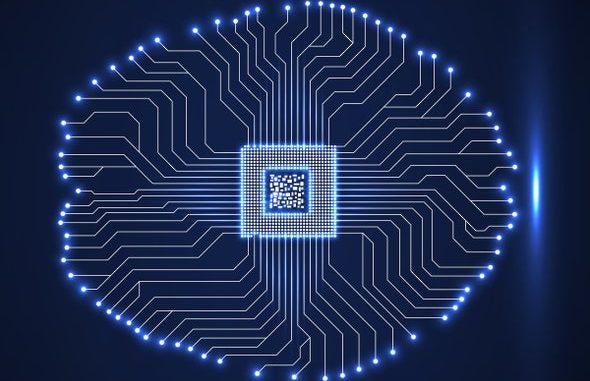
Machine-learning algorithms can guide humans toward new experiments and theories
Electric vehicles have the potential to substantially reduce carbon emissions, but car companies are running out of materials to make batteries. One crucial component, nickel, is projected to cause supply shortages as early as the end of this year. Scientists recently discovered four new materials that could potentially help—and what may be even more intriguing is how they found these materials: the researchers relied on artificial intelligence to pick out useful chemicals from a list of more than 300 options. And they are not the only humans turning to A.I. for scientific inspiration.
Creating hypotheses has long been a purely human domain. Now, though, scientists are beginning to ask machine learning to produce original insights. They are designing neural networks (a type of machine-learning setup with a structure inspired by the human brain) that suggest new hypotheses based on patterns the networks find in data instead of relying on human assumptions. Many fields may soon turn to the muse of machine learning in an attempt to speed up the scientific process and reduce human biases.
